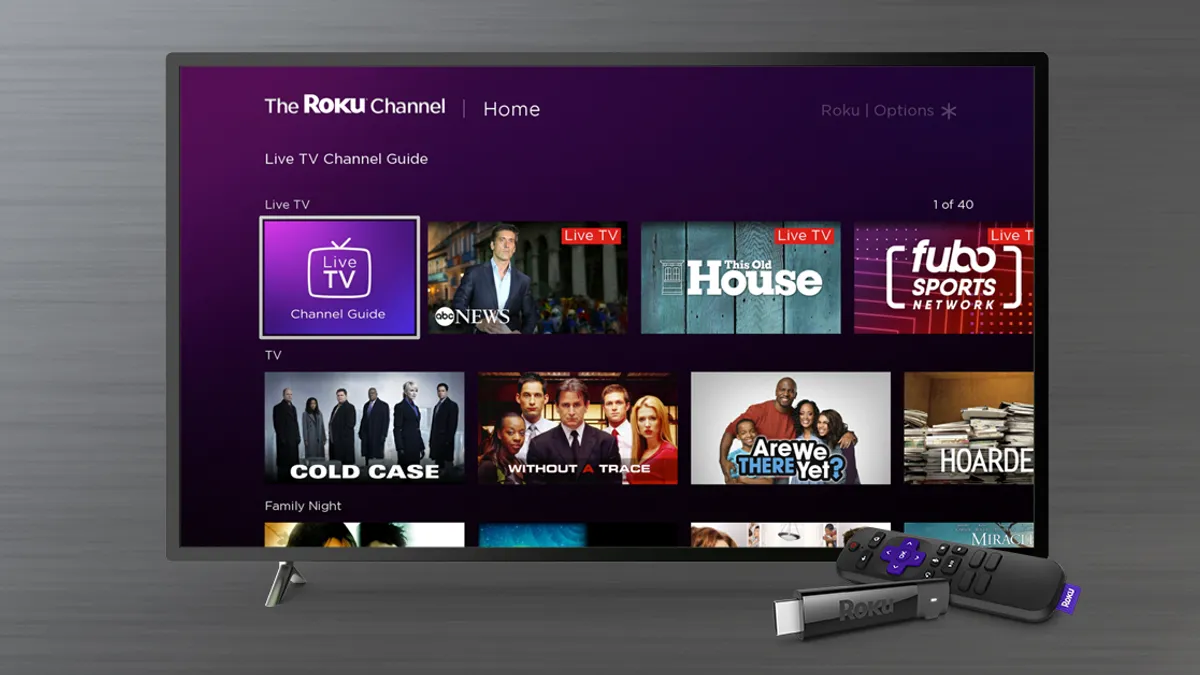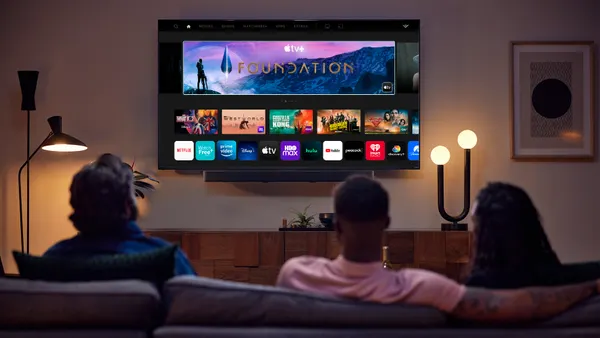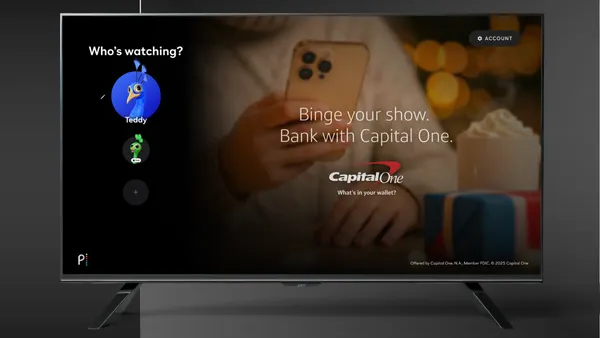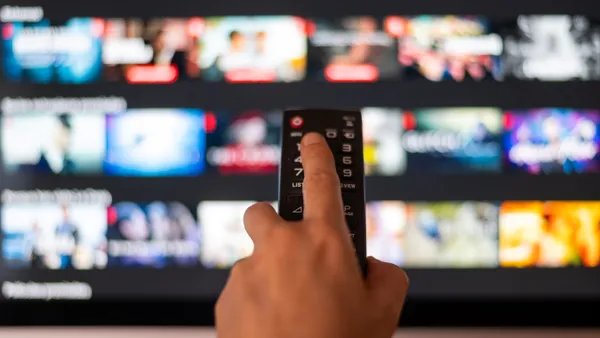Dive Brief:
- Roku agreed to buy the rights to content from Quibi, giving the maker of popular streaming-media devices a library of original shows from the short-lived mobile video service that launched and shuttered in 2020. Roku this year plans to carry the programming on its ad-supported Roku Channel, which is free to users of its streaming devices, per an announcement.
- Roku paid less than $100 million for rights to distribute the former Quibi programming, people familiar with the matter told The Wall Street Journal, which first reported on the deal talks. Roku will fulfill Quibi's exclusive two-year agreements with content producers to distribute the programming. After the exclusivity period ends, Roku can stream the shows until 2027, the Journal reported.
- The Roku Channel will premiere more than a dozen titles that didn't get a chance to stream on Quibi, giving Roku an opportunity to drive audience and ad revenue growth. Quibi's content includes scripted series, reality programming and documentaries starring Kevin Hart, Liam Hemsworth, Anna Kendrick, Nicole Richie and Chrissy Teigen, among others.
Dive Insight:
Roku's agreement to stream Quibi's original programming comes as advertisers are looking for ways to reach audiences on streaming platforms like Roku in response to the millions of U.S. households ditching cable and satellite TV service. While Roku carries a variety of connected TV (CTV) apps, the company can make its Roku Channel more distinct with a slate of original programming from producers that had licensed content to Quibi. The original shows can help Roku Channel to expand its audience, giving it a stronger position in negotiating advertising rates with media buyers. The channel doubled its household reach to 61.8 million people in Q4 from a year earlier, per the announcement.
As a result of the deal, Roku now has the rights to stream shows like "Most Dangerous Game," based on a Richard Connell short story; "Punk'd," a reboot of the prank series that originally appeared on MTV; and "Murder House Flip," an edgy combination of true-crime and home improvement shows. The agreement with Quibi requires Roku to present the content in short-form episodes rather than combining them into a longer show or movie, the Journal reported, citing sources familiar with the matter.
For Roku, the Quibi content can help to distinguish its platform from rival over-the-top (OTT) services like Amazon Fire TV, Google Chromecast and Apple TV. Each platform has a mix of ad-supported programming that's free to viewers and subscription services like Netflix that don't carry ads. The Roku Channel is the company's hub for free and premium news and entertainment.
Under the leadership of movie mogul Jeffrey Katzenberg and former Hewlett Packard CEO Meg Whitman, Quibi had raised $1.75 billion to develop a streaming platform designed to appeal to younger people whose media consumption had shifted to mobile devices. Quibi's programming consisted of short episodes that people could watch in brief moments throughout the day. However, the platform failed to gain traction amid a crowded market for video-on-demand services and the lack of breakthrough shows, forcing it to shut down just six months after debuting. The quick demise of Quibi may also indicate that consumers didn't enjoy a mobile-only viewing experience, especially when they were stuck at home during the pandemic and could stream shows on larger screens. The deal with Roku gives the programming new life with a cross-device platform.













